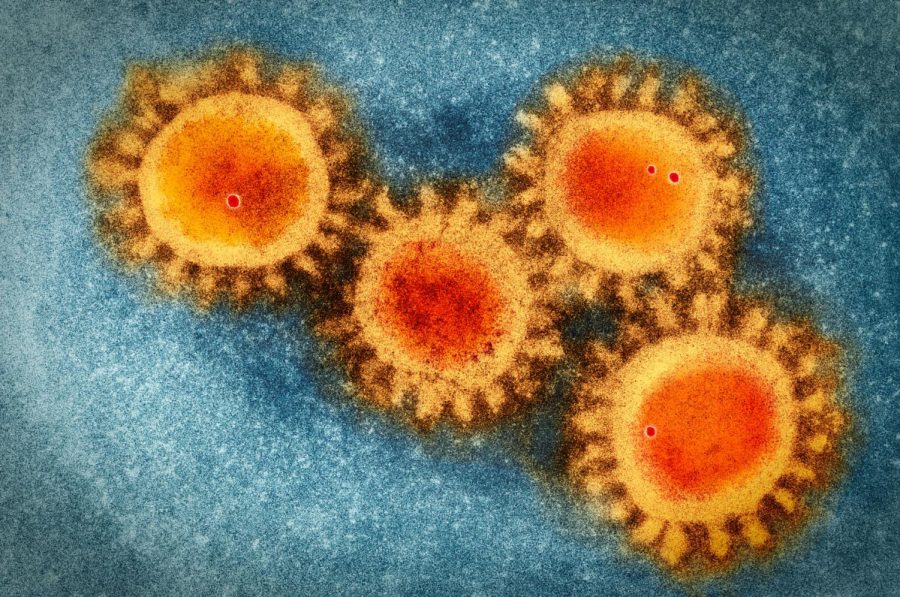IDPH releases COVID-19 statistics
DeKALB — The Illinois Department of Health (IDPH) reported Friday that coronavirus (COVID-19) cases are now over three million in Illinois.
IDPH reported 3,645,961 COVID-19 cases with 25,084 cases being new and probable. IDPH also reported 56 deaths since August 12, bringing the total to 34,595.
The CDC named DeKalb County a high community risk with 11,861 cases reported within the city of DeKalb. The CDC implemented a new way to track COVID-19 on a community level measurement which focuses on hospitalization, the average percent of taken inpatient beds by COVID-19 patients, and the total of new cases per 100,000 population per seven days.
Illinois e-News Release reports that IDPH director Sameer Vohra is urging all Illinoisans to get up to date on vaccinations and booster shots as the best defense against hospitalization and more serious outcomes from COVID-19.
Over seven million Illinoisans 18 and older are fully vaccinated while at least eight million have received their first dose.. 56.75% of the population in DeKalb County is vaccinated. The IDPH also reports that 67.3% of the population between the ages of 18 and 64 are fully vaccinated.
According to the CDC, children younger than 17 can get either the Moderna or Pfizer-BioNTech vaccines with booster shots available for children five years and older. Adults 18 years and older can receive the Pfizer-BioNTech, Moderna, Novavax or Johnson & Johnson’s Janssen vaccines. All adults are eligible to receive a booster shot.
Illinois e-News Release also reported the IDPH is supporting an education and outreach campaign by the Illinois Chapter of the American Academy of Pediatrics. The goal is to educate healthcare providers and parents about the safety of authorized vaccines for children under the age of five.
As a High Community Risk, the CDC recommends the following measures to stay safe:
- Wear masks indoors regardless of vaccination status in public or school settings
- If you are immunocompromised or have a severe disease
- Wear a mask that provides you greater protection
- Talk to your healthcare provider about other precautions
- Avoid non-essential indoor activities
- Have a plan for rapid testing
- Stay up to date on COVID-19 vaccines and boosters.
- Maintain improved ventilation throughout indoor spaces if possible
- Follow the CDC guidelines for isolation or quarantine if exposed or have COVID-19













